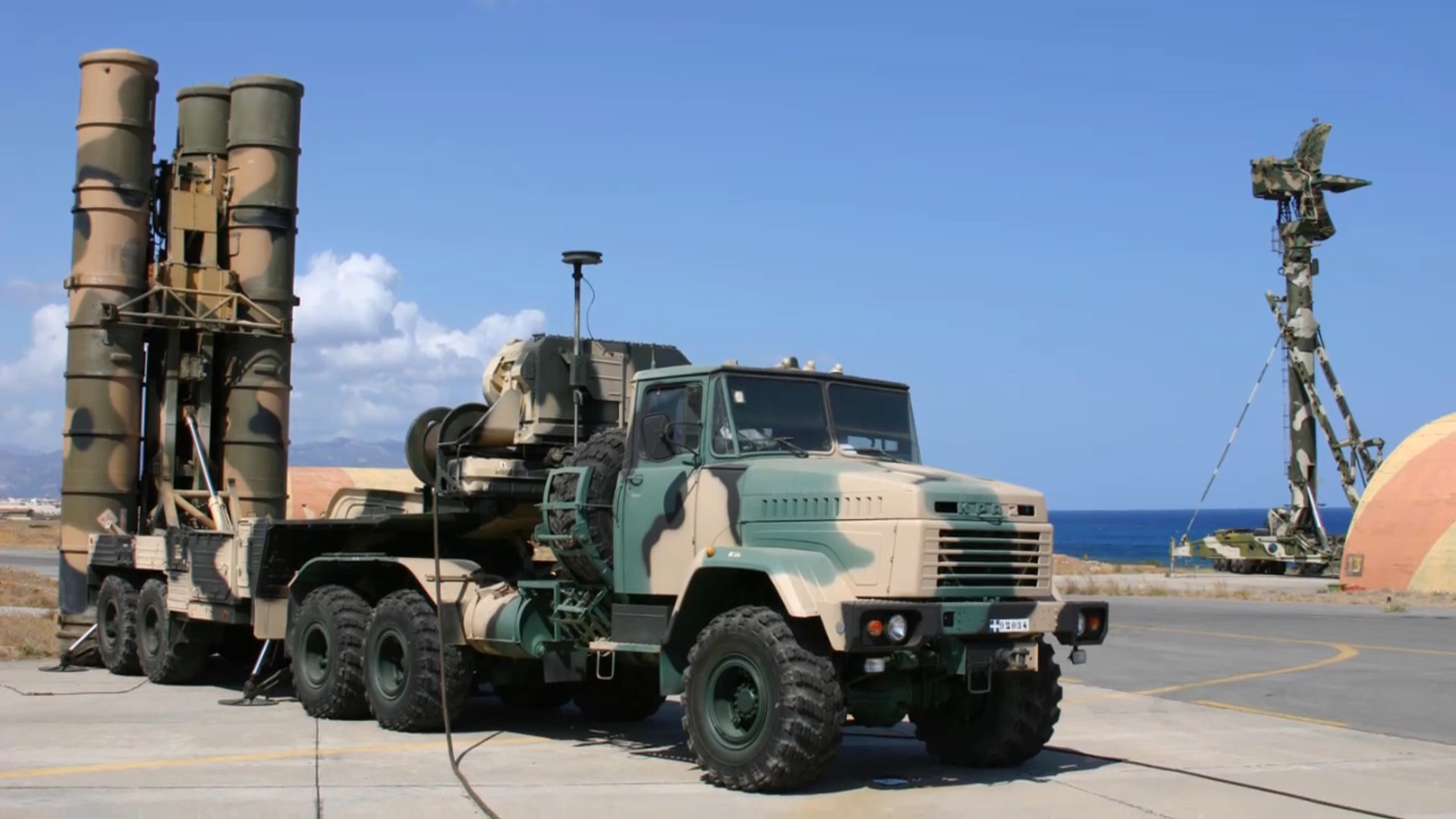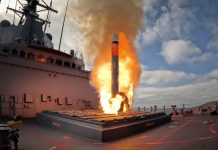The Russian ambassador to Greece has warned that Athens is prohibited from transferring Russian air defense systems to Ukraine without explicit written consent from Moscow.
Speaking to the Greek TV channel Militaire.gr on December 31, Ambassador Andrei Maslov reiterated warnings against transferring Russian-made air defense systems, including the S-300PMU1 surface-to-air system, as well as the short-range Tor-M1 and Osa-AK systems.
Maslov said such a move would violate binding international agreements between the two nations.
“In accordance with these agreements, the transfer of these weapons is impossible without the written consent of the Russian side,” Maslov said, clarifying that this restriction is not a political stance but an international legal obligation Greece must uphold.
The agreements in question include a 1995 military-technical cooperation treaty and a 2013 pact governing the supply of military products.
Both documents, Maslov noted, stipulate that Greece cannot hand over Russian weapons systems to third parties without prior approval from the Russian Federation.
The ambassador made the statement in response to a question about media reports indicating that Greece might be contemplating such a transfer.
He noted that while rumors had circulated in Greek media, no formal diplomatic measures would be taken by Russia at this stage, as Greece has not officially confirmed any plans to send air defense systems to Ukraine.
Greece has long relied on Russian military hardware to bolster its defenses. He hinted that any potential technical issues with the maintenance of these systems might serve as an excuse for transferring them to Kyiv. However, he stated that Athens had not informed Moscow of any such maintenance challenges.
In April 2023, Greek Cabinet spokesman Pavlos Marinakis clarified that Greece had no intention of sending its air defense systems, including the highly sought-after Patriot missiles, to Ukraine, citing the country’s need for them to secure its own airspace.
Maslov’s comments follow a recent statement on December 30, where he warned Greece to be ready to “fork out” if it follows through with plans to stop importing Russian gas.
He noted that while Greek officials have consistently expressed a desire to reduce reliance on Russian energy, the practicalities of such a shift remain uncertain.
Greece’s Support To Ukraine
Since the outset of the war in Ukraine, Greece has walked a diplomatic tightrope in providing military support to Kyiv, navigating international alliances and its obligations under bilateral agreements with Russia.
Just three days after the war began, Greece made its stance clear by sending Ukraine two C-130 transport planes loaded with rifles, ammunition, and grenades.
Reports revealed that among these supplies were 20,000 Kalashnikov rifles that Greece had seized in 2013 from a shipment bound for Libya, then under a United Nations arms embargo.
This early act of support for Ukraine drew sharp criticism from Moscow, with the Russian embassy in Athens calling on Greek leaders to reconsider their stance and halt what it described as “anti-Russian propaganda.”
At the time, Russian Foreign Ministry spokesperson Maria Zakharova condemned Greece’s decision to supply weapons to Ukraine as “deeply mistaken” and “criminal.”

She also suggested that the arms could ultimately harm civilians, including members of the 150,000-strong ethnic Greek community in Ukraine, concentrated in cities like Mariupol and Odesa.
Greece has officially provided Ukraine with a range of military aid, including 155mm artillery shells, Stinger missiles, and 40 Soviet-era BMP-1 armored personnel carriers. Recently, Athens agreed to provide 24 Sea Sparrow missiles to assist Ukraine in countering persistent threats.
However, Ukraine’s interest in Greece’s S-300PMU1 air defense system is one of the most contentious issues. Originally introduced in the 1990s, the Russian-made system is considered crucial for Ukraine’s air defense network.
Western nations and Kyiv have pushed Greece to transfer the S-300s, with US Secretary of State Antony Blinken offering US$200 million in military financing in January to incentivize the move.
Despite these efforts, the transfer has stalled. One reason cited is the lack of interest from Western allies in compensating Greece with equivalent systems, such as the U.S.-made PAC-3 Patriot missile system.
Additionally, Ukraine’s appetite for the older S-300 systems has diminished following the arrival of more modern Western weaponry.
In November, it was also reported that Greece might transfer its S-300 systems to Armenia. However, the Russian Foreign Ministry clarified that no official request for such a transfer had been received from Athens.
- Contact the author at ashishmichel(at)gmail.com
- Follow EurAsian Times on Google News




